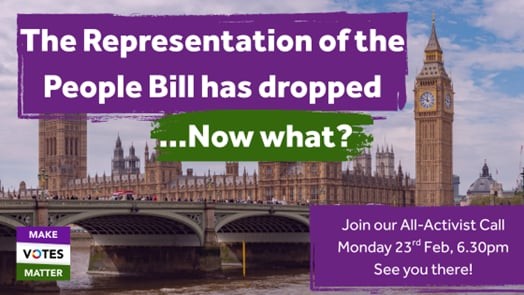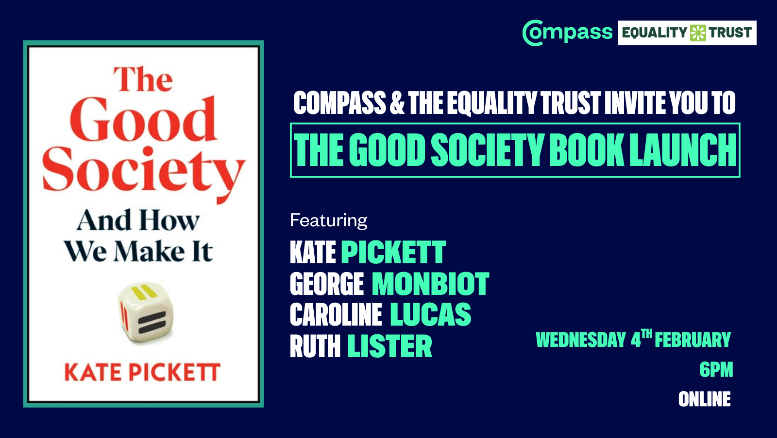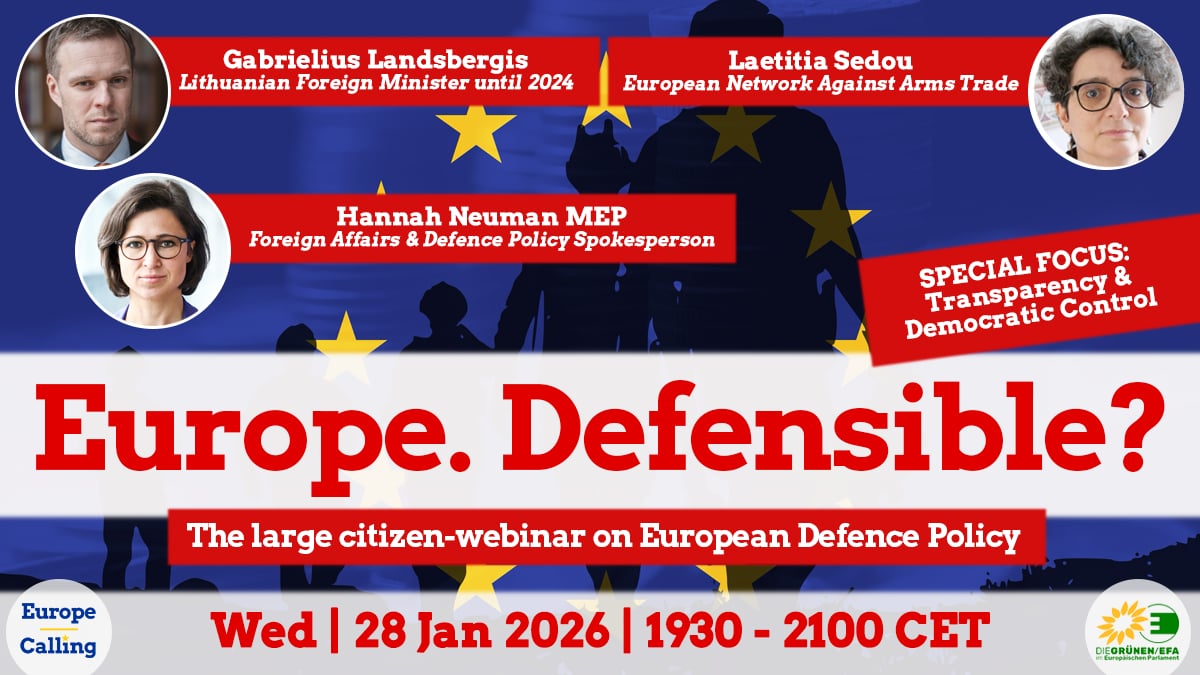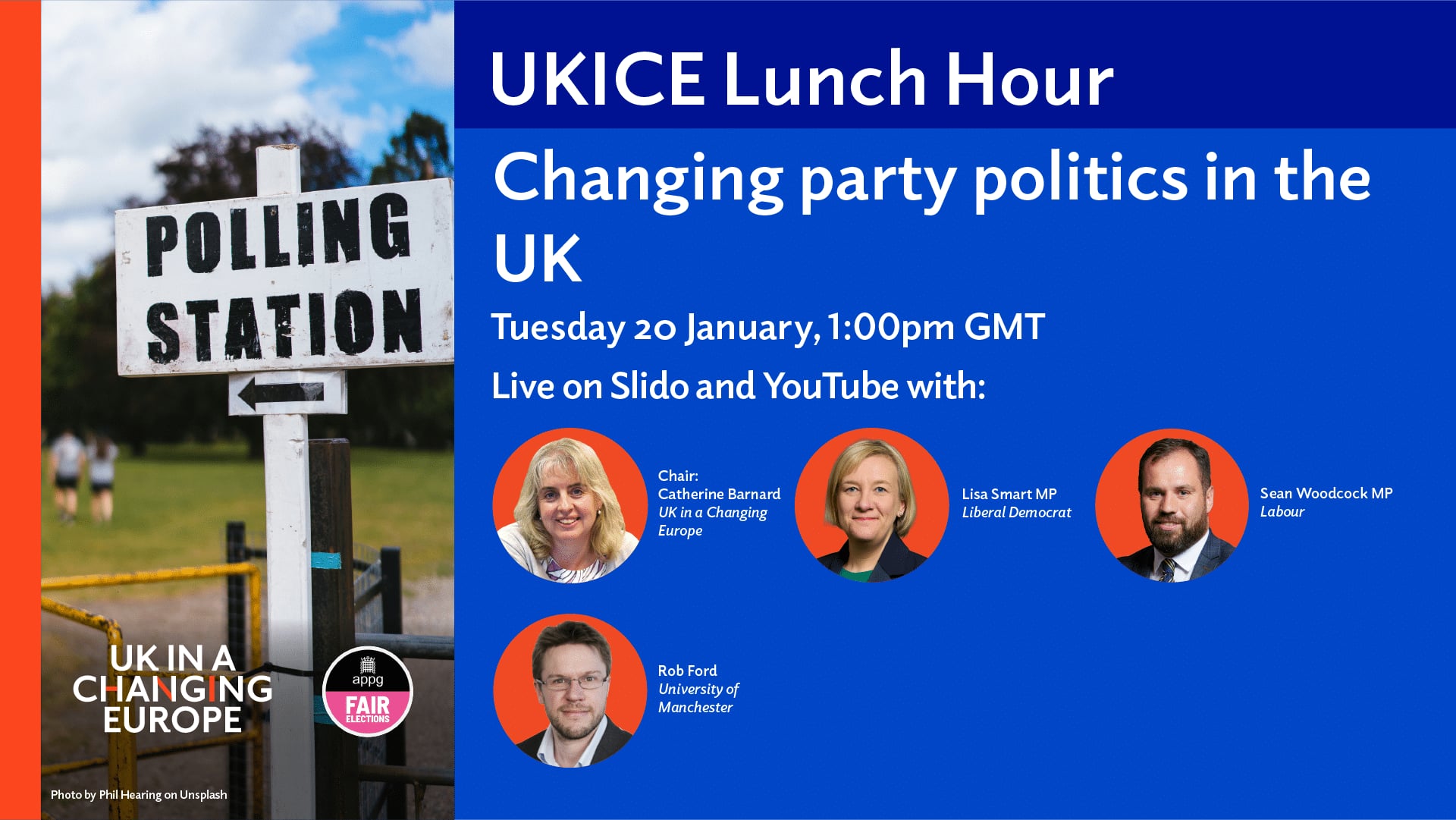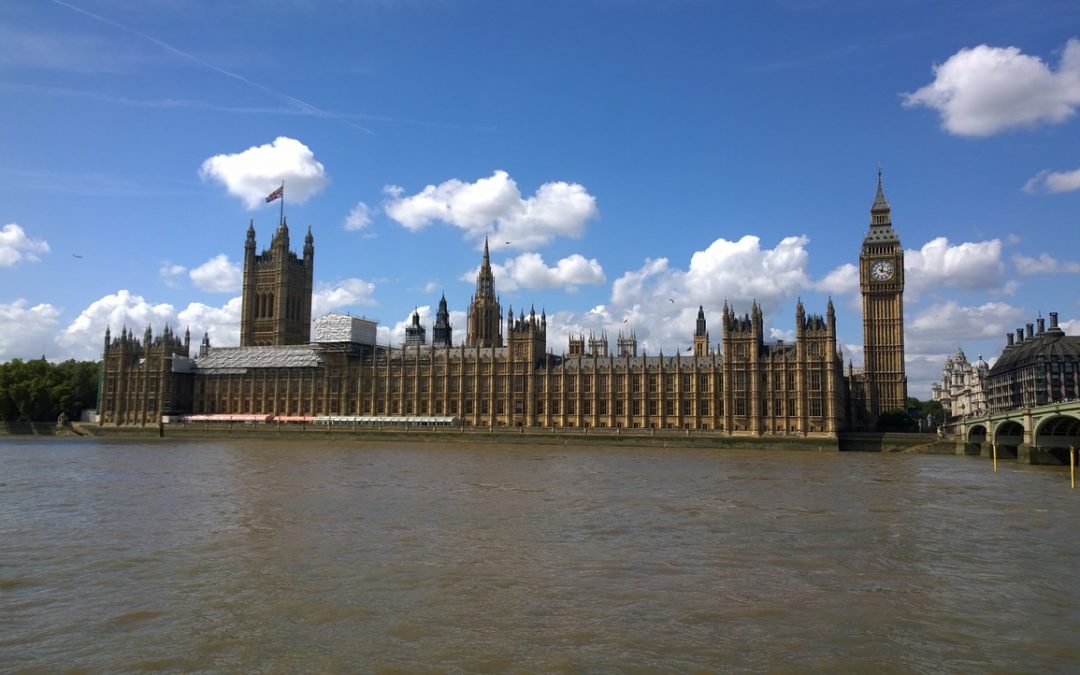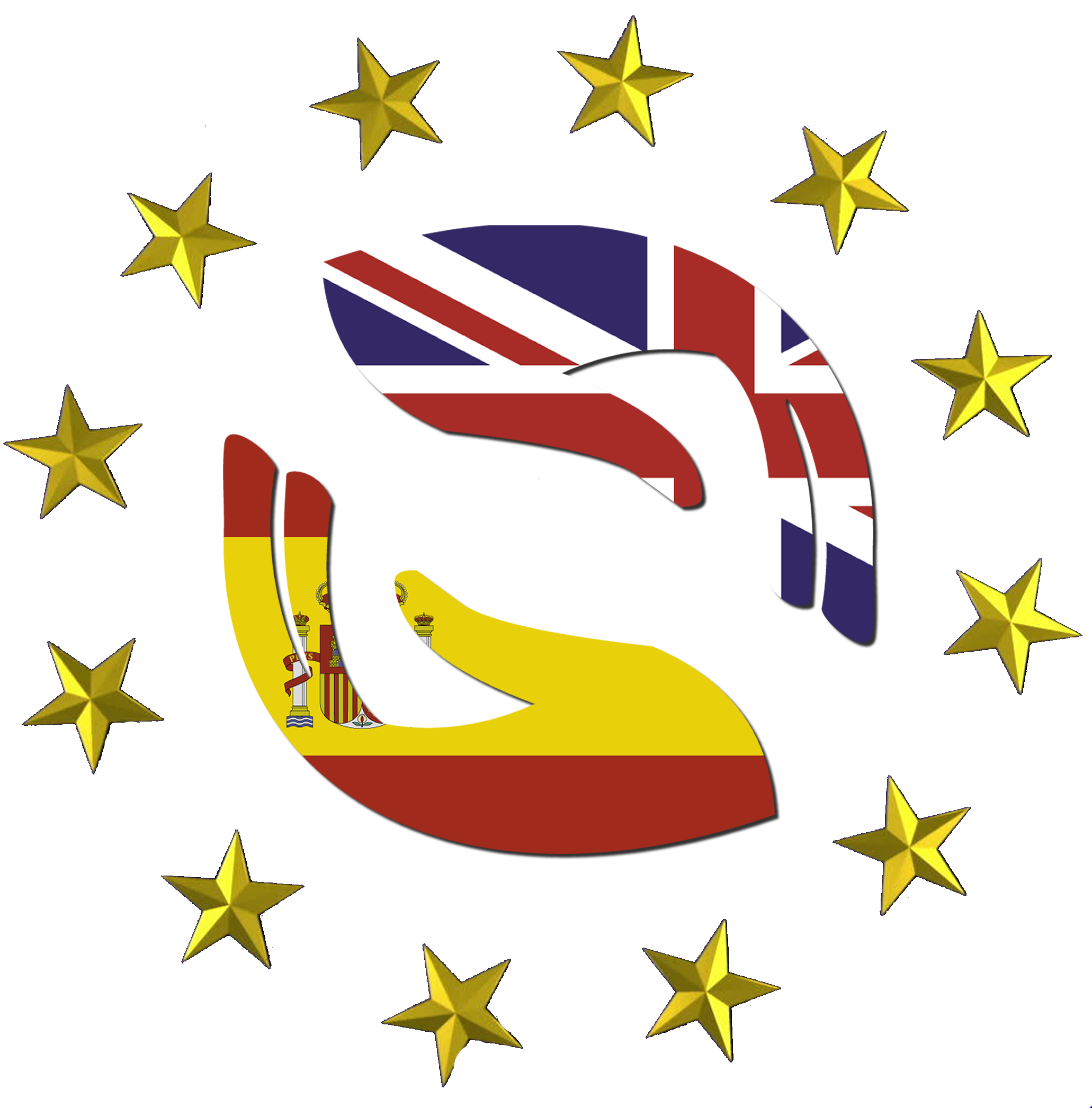
The UK is getting it wrong on immigration – that must change
A new report highlights that there is another way possible on immigration that will benefit everyone, writes Bremain Chair Sue Wilson MBE for Yorkshire Bylines.
When I first wrote about the anti-migrant policies of the Home Office in 2022, I had hoped that, come election day, they would be abandoned along with the Tory government. Surely a new Labour government, with a large majority and promises of ‘change’, would show us a better, more compassionate way. I couldn’t have been more wrong.
Home Office is getting it wrong
Less than two years since the election, and already on their second home secretary, the government is maintaining the toxic rhetoric and cruel policies of its predecessor, with a few nasty tweaks of its own. The current home secretary, Shabana Mahmood, seems determined to make life as difficult as possible for those seeking asylum, and is even threatening the rights of those already granted leave to remain.
Against the back-drop of a Home Office culture that seems to turn all incumbents towards the far-right, a new report Time for Change by prominent migration expert Zoe Gardner, in conjunction with Another Europe is Possible, proves there is another, better way.
HOT OFF THE PRESS: Time for Change is here!
Sick of the constant demonisation of migrants?
Want to see an alternative plan?
Our new report by @zoejardiniere.bsky.social outlines 9 steps to a system that delivers dignity for all.
Read it here: www.anothereurope.org/time-for-cha…— Another Europe Is Possible (@anothereurope.bsky.social) 5 December 2025 at 12:01
Time for Change
Billed as a “sensible and pragmatic alternative to the Labour government’s current immigration policy proposals”, the report describes the current approach as ‘a failure’, with neither the needs of migrants nor our communities being met.
The report’s alternative approach starts by recognising that with an ageing population, the UK needs immigration in order to fund public services and grow the economy. While the full report runs to 20 pages, a four-page summary details a ‘9-point plan for change’. This breaks down into three priority policy areas which collectively would “reduce irregular arrivals, drive up working conditions for all, and build robust and cohesive communities”. The report has been well received by senior Labour backbenchers, who we can but hope will apply pressure up the line
Priority policy areas: asylum
Under the heading of ‘Asylum’, the report proposes: safe regulated routes to replace irregular arrivals; the right to work and speedier asylum decisions; a not-for profit accommodation system.
The successful visa pathway that was opened for Ukrainians proved that speeding up the process was possible, despite the scale. The recommendations suggested that other clearly unsafe countries, such as Sudan and Eritrea, should also face a ‘light-touch’ approach, enabling faster decision making, integration and employment. In case you were wondering, the average wait for an asylum claim decision is around 400 days.
While waiting for a decision, asylum seekers should be housed in suitable accommodation provided and maintained by local authorities, and not by private companies seeking to extract huge sums and a healthy profit from government.
"Creating a poorer, more vulnerable migrant class of workers who have no long-term stake in our society worsens wages & conditions for everyone & increases resentment towards immigrants."
This. This. This.
@zoejardiniere.bsky.social is spot-on on why Government's hostile migration plans hurt us all.— Asylum Matters (@asylummatters.bsky.social) 7 February 2026 at 10:55
Work
The report proposes: a reform of labour inspections and protections from workplace exploitation; the scrapping of restrictive employer-sponsored visas; and integrating asylum seekers into the points-based visa system.
The proposals include decoupling the enforcement of labour standards from immigration control, ending the loopholes that prevent migrant workers from benefitting from efforts to tackle exploitation, low pay and trafficking. In order to prevent a two-tier workforce, employer-sponsored visas – which tie migrants rights to live in the country to a single employer – should be scrapped and replaced with a points-based system. This would allow asylum seekers to accrue points towards potentially earning a visa.
Integration
The report recommends three final points regarding integration: a simplified pathway to settlement after five years; the reintroduction of birthright citizenship and a reduction of integration barriers for children; and embracing a positive narrative about immigration, diversity and belonging.
The frequent changes to the visa system – described as “unnecessarily punitive and complex” – are effectively pulling the rug from under the feet of settled immigrants, creating fear, stress and often poverty and debt. Simpler pathways to settlement would “promote inclusion and economic empowerment, reduce the number of people who become undocumented”, and would better reflect public opinion. Many of the British public believe that those born in the UK should automatically be entitled to citizenship, despite what Reform UK might suggest.
The final point, and an extremely important one, is the need to change the narrative surrounding immigration. The divisive rhetoric of Brexit and the far-right has too long dominated any conversations on immigration, while ignoring the benefits to the country, both economically and culturally.
“It is our duty to become the welcoming and tolerant society that our own relatives would have hoped to find on the other side of our borders”
— Fabio Chiusi (@fabiochiusi.bsky.social) 6 February 2026 at 08:54
Breaking the mould
When Gardner participated in Bremain in Spain’s Bremainers Ask last August, she was asked which countries have an immigration policy that could work as a model for the UK. My home of the last 18 years – Spain – was her answer. She described Spain’s approach as having “a very positive overall outlook towards immigration and work” and highlighted an integration process which includes Spanish language classes, integration classes and training matched with work opportunities.
Following an Immigration Regulation Update in 2025 – which overhauled procedures for foreign workers and students – Pedro Sánchez, the prime minister, has now gone further with his 2026 Regularization (Amnesty) policy which will see 500,000 undocumented migrants being granted a 1-year visa for work and residency, provided they have no criminal record and have lived in Spain for at least five months (as at the end of last year).
There is no question that Sánchez’s promotion of immigration, and his positive rhetoric, have been a key factor in Spain’s economic growth – currently the fastest in the Eurozone. It’s an approach that could work equally well in the UK, if only the hearts and minds of our government were open to the possibilities.
As Gardner says, “You can do something different. You can pave the way. You can be a leader,” just as Spain has. Or you can continue down the rabbit-hole of far-right, cruel, ultimately unsuccessful and immoral policies that will damage the UK economy and our reputation abroad.
So, what’s it to be, Mr. Starmer? More of the same, or a much needed ‘change’ like you promised?





